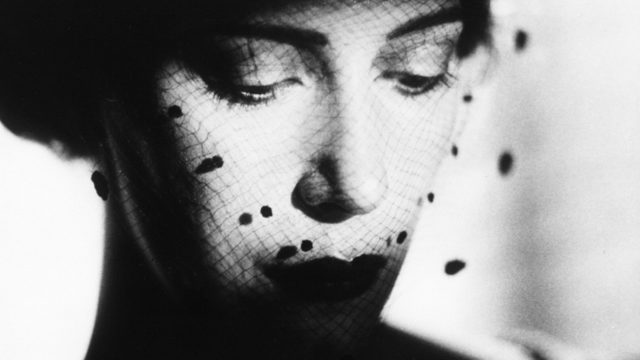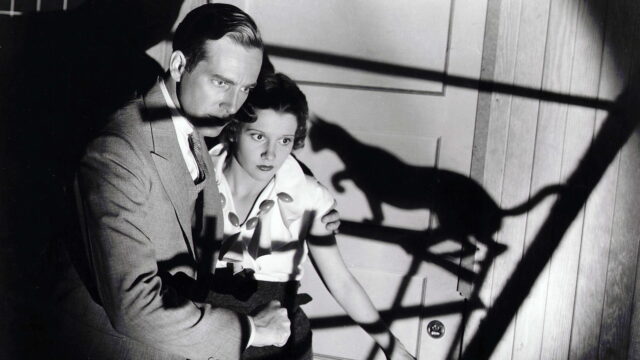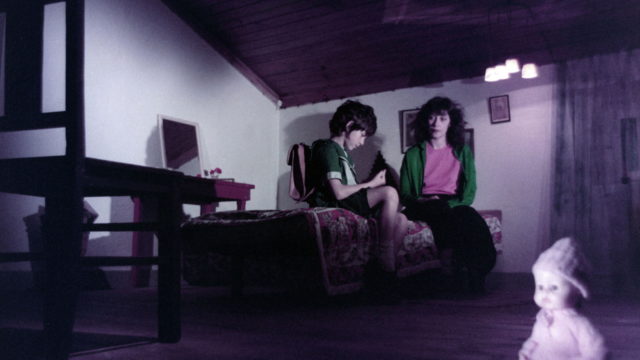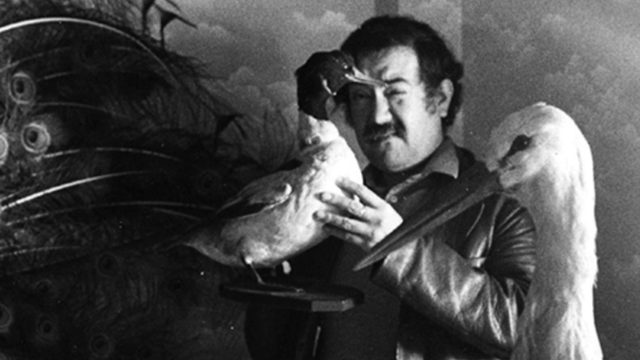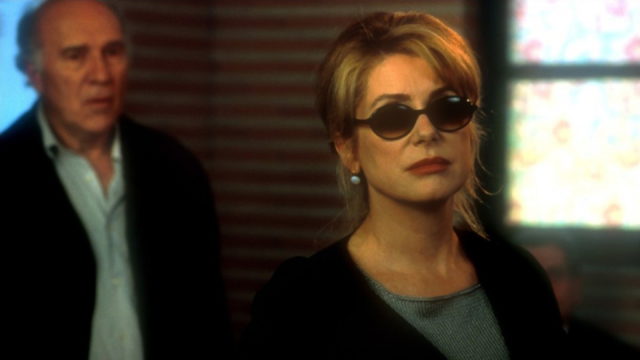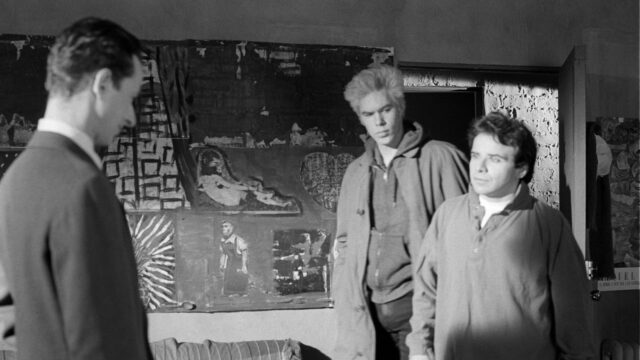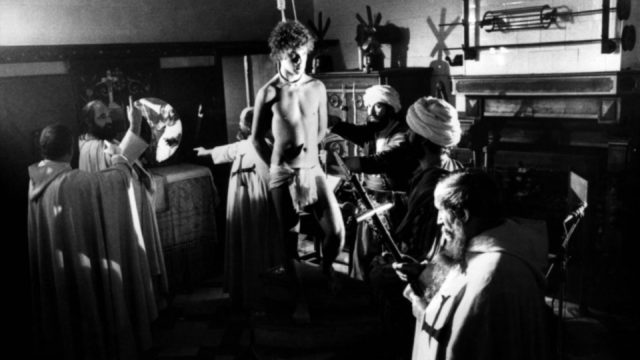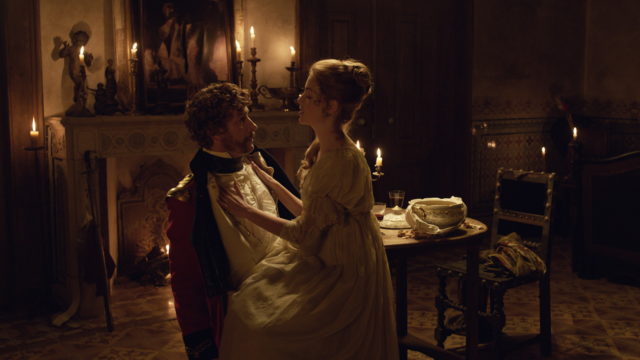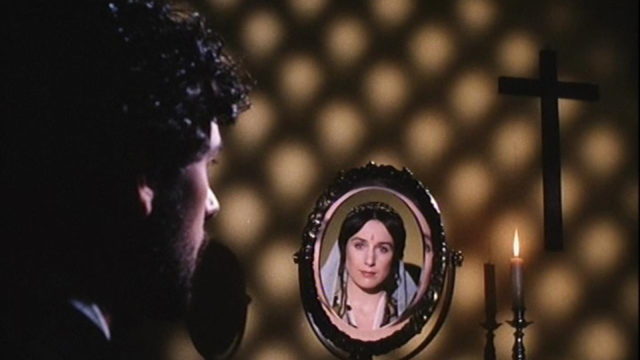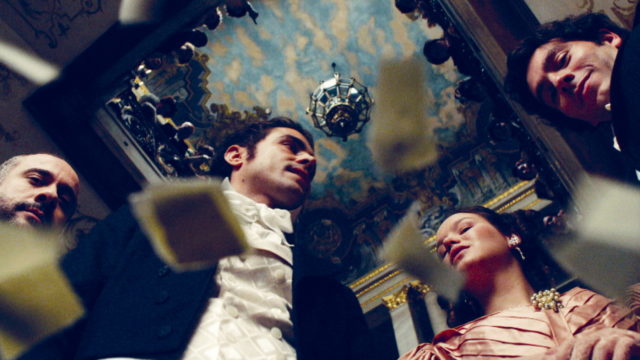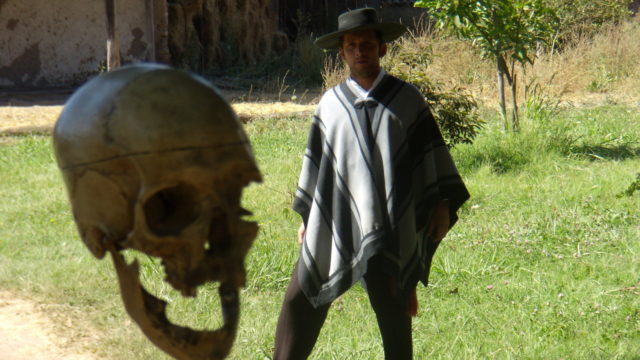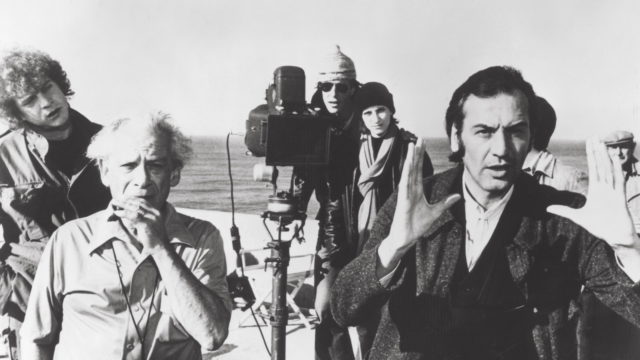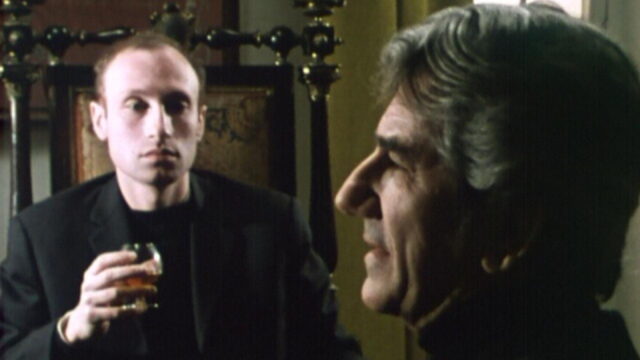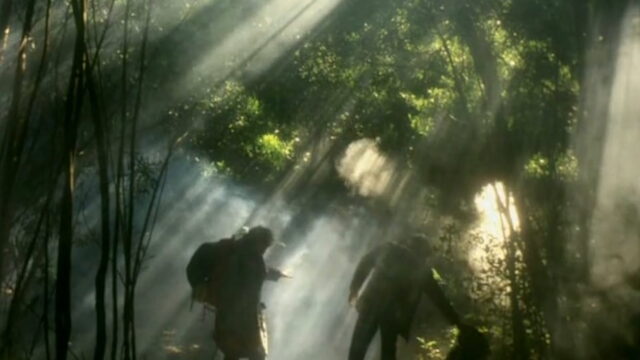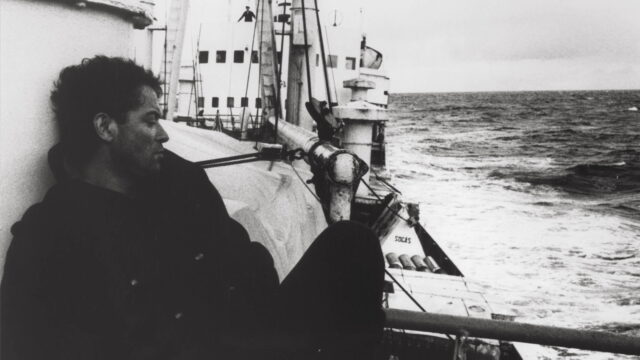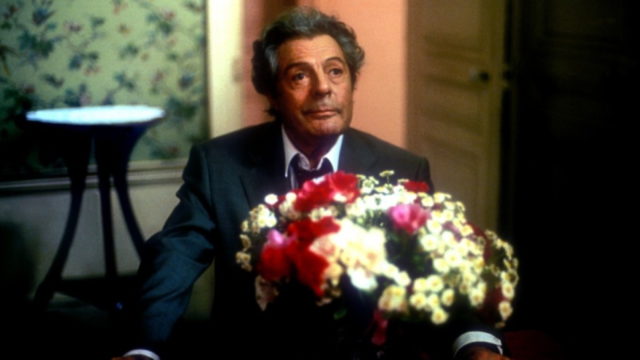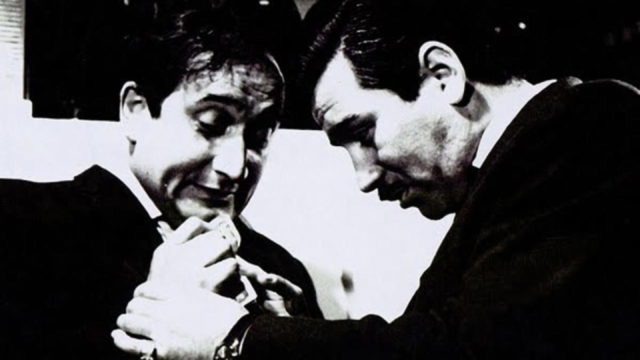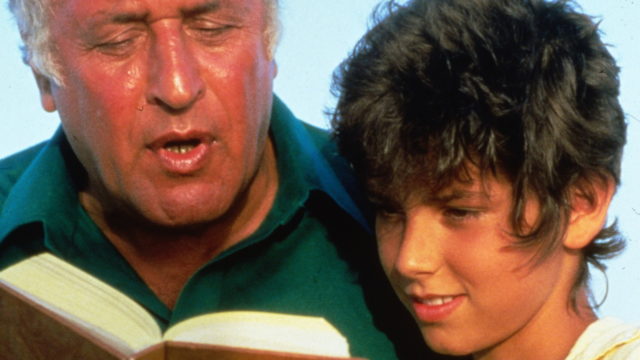Life Is a Dream: The Films of Raúl Ruiz (Part 1)
Arguably Chile’s most internationally renowned and prolific filmmaker, Raúl Ruiz completed over one hundred films in numerous national cinemas. The mind-bending works that comprise Ruiz’s eclectic, influential oeuvre are labyrinthine, beguiling, and oneiric. They are obsessed with questions of theology, philosophy, psychoanalysis, literature, and visual expression; wildly experimental and slyly humorous; surrealist, magical realist, gothic, and neo-Baroque. His films are unified by his singular imagination, idiosyncratic working methods, and the dreamlike experience of watching them. To see one of Ruiz’s films is to go on an adventure full of humor, intellectual curiosity, and artistic daring; to see several of them is to land on a new continent, where his many obsessions find their delirious expression in the most surprising ways and where reason and madness are delightfully, terrifyingly indistinguishable. In a year that marked the director’s 75th birthday, the Film Society is pleased to present the first part of an ongoing retrospective devoted to Ruiz, among the great visionaries in film history and perhaps its most intrepid explorer of the unconscious.
__________
Organized by Dennis Lim and Dan Sullivan.
Support for this series provided by Imagen de Chile and the Embassy of Chile.
Special thanks to Association des Amis de Raoul Ruiz; National Council of Culture and Arts of Chile; La Cinémathèque française; La Cinémathèque de Toulouse; Cinemateca Portuguesa; Archives du Film du CNC; National Audiovisual Institute (INA); The Museum of Modern Art, New York; Paulo Branco; Valeria Sarmiento; Ethan Spigland; Jeronimo Rodriguez.
Arguably Chile's most internationally renowned and prolific filmmaker, Raúl Ruiz completed over one hundred films in numerous national cinemas. His mind-bending films are unified by his singular imagination, idiosyncratic working methods, and the dreamlike experience of watching them. In a year that marked the director's 75th birthday, the Film Society is pleased to present the first part of an ongoing retrospective devoted to Ruiz, among the great visionaries in film history and perhaps its most intrepid explorer of the unconscious.
See more and save with a 3+ Film Package or All Access Pass!
Bérénice
Ruiz’s longstanding interest in Racine culminated in this visually stunning, strange, and ghostlike adaptation of one of the French playwright’s best-known tragedies, in which a Roman emperor under public pressure declines to marry the Palestinian queen he loves. New restoration!
The Black Cat
Ulmer’s influence on Ruiz is conspicuous throughout his oeuvre, and no film seems to have left a more indelible mark on Ruiz’s imagination than this hallucinatory and macabre 1934 horror/thriller, in which an American novelist and his wife find themselves held captive in the haut modernist mansion of a Satan-worshipping Austrian architect (Boris Karloff).
City of Pirates
Introduction by Valeria Sarmiento on December 3
Propelled by a ferocious creative energy and blending folk legends, surrealist poetry, children’s adventure stories, and Hollywood horror movies, City of Pirates follows a decidedly nonlinear narrative about a sleepwalking virgin, a ten-year-old boy who claims to have raped and murdered his entire family, and the lone inhabitant of an island castle. An NYFF23 selectionDialogues of the Exiles
Ruiz had hardly lived a month in Paris—the city where he’d been forced to relocate by the Pinochet coup in 1974—when he began this ironic, unsentimental depiction of the city’s tense and divided exile community. New restoration!
Genealogies of a Crime
This nutty fantasy of murder and identity-swapping—starring Melvil Poupaud as a man accused of killing his aunt, Catherine Deneuve both as the victim of the crime and the murderer’s defense lawyer, and Michel Piccoli as the leader of a fringe psychoanalytic society—is a kind of index of Ruiz’s obsessions as a filmmaker.
The Golden Boat
The Hypothesis of the Stolen Painting
The film that arguably put Ruiz on the map was this beguiling art-historical whatsit—an investigation, co-written by Pierre Klossowski, into the connections between a series of paintings (conjured through painstaking tableaux vivants) by the unheralded 19th-century French painter Frédéric Tonnerre and human sacrifices carried out by a Baphometic cult.
Lines of Wellington
Introduction by Valeria Sarmiento
Prepared by Ruiz from a screenplay by Carlos Saboga (Mysteries of Lisbon), Lines of Wellington was completed by Sarmiento—Ruiz’s longtime editor as well as his widow—who has created a revealing portrait of life during the Peninsular War. An NYFF50 Selection.Love Torn in a Dream
This deliriously diffuse collage of nine stories involving doubt-wracked theology students, magic mirrors, talismanic paintings, and marauding pirates—all but one set in the 17th or 18th centuries—showed Ruiz returning to the cluttered and hugely exuberant imaginative territory he’d taken up in the 1980s.
Mysteries of Lisbon
With this four-and-a-half-hour-long adaptation of a novel by the 19th-century Portuguese author Camilo Castelo Branco—a densely peopled story of intrigue, murder, elopement, and disguise, set against the backdrop of Portugal’s 1820 revolution—Ruiz had the space to tell a story of breathtaking complexity that nonetheless kept its shape. An NYFF48 selection.
La Recta Provincia
Initially conceived as a television miniseries and seen by many as Ruiz’s late career ode to the country he was forced to leave in the early 1970s, the epic La Recta Provincia finds a mother and son caught in a demonic wild goose chase as chilling as it is humorous and constructed with stories within stories.
The State of Things
Much is debated about the provenance of Wim Wenders’s depiction of a film shoot on the edge of collapse, which he made on the set of Ruiz’s The Territory. Did Wenders collaborate with Ruiz or hijack his production? Either way, the result was a bracing and fascinating vision of moviemaking as chaos and confusion. New restoration!
The Suspended Vocation
For what he considered his first French movie, Ruiz transformed a 1950 novel by the French writer Pierre Klossowski about quarrels within the Catholic church into a dense metafictional experiment comprising two overlapping films-within-the-film. New restoration!
The Territory
Introduction by Ruiz scholar Ethan Spigland
Perhaps the only Raúl Ruiz film that could be described as containing a story “ripped from the headlines,” this philosophical horror flick (co-written by Gilbert Adair) tracks the descent of two American families into cannibalism during a camping trip in the south of France.Three Crowns of the Sailor
Ruiz’s dazzling opium dream of a film, Three Crowns of the Sailor is centered on an encounter between a student who has just committed a brutal murder and a drunken sailor who persuades the scared youth to accompany him to a nearby dance hall and listen to his macabre life story.
Three Lives and Only One Death
Three Sad Tigers
Q&A with Valeria Sarmiento and wine reception on December 2
Ruiz’s lively debut, composed under the sign of the French New Wave and Cassavetes, follows the hustles of a group of small-timers striving to carve out a living in the seedy underworld of pre-Allende Santiago.Treasure Island
Introduction by Valeria Sarmiento on December 3
Unfortunately, the December 3rd screening has been canceled due to an issue with the print. We will be contacting ticket holders about refunds or exchanges.Treasure Island is less an adaptation of Robert Louis Stevenson’s book than a set of imaginative variations on the themes it suggests. In Ruiz’s vision, young Jim lives in a seaside inn populated by mysterious figures and intruders—a situation that sets the stage for an odd experiment in storytelling carried out by a cabal of feuding grownups.
To begin the purchase process, log in to your account. Don’t have an account? Sign up for one today.
See more and save with our discount packages!
3+ Film Package – Minimum of 3 films required. Tickets just $8 Members / $9 Students & Seniors / $11 General Public.
All Access Pass – See everything in the series for just $125!
Special Offer: In honor of the 25th anniversary of the Walter Reade Theater, we’re winding back the clock! All opening day screenings (December 2) will feature the original 1991 pricing: $5 for members and $7 for non-members.
Note: Member complimentary tickets can be used for this series.
Not a member? Take advantage of discounted tickets, early access periods, complimentary offers year-round, and more by becoming one today! Join here.

